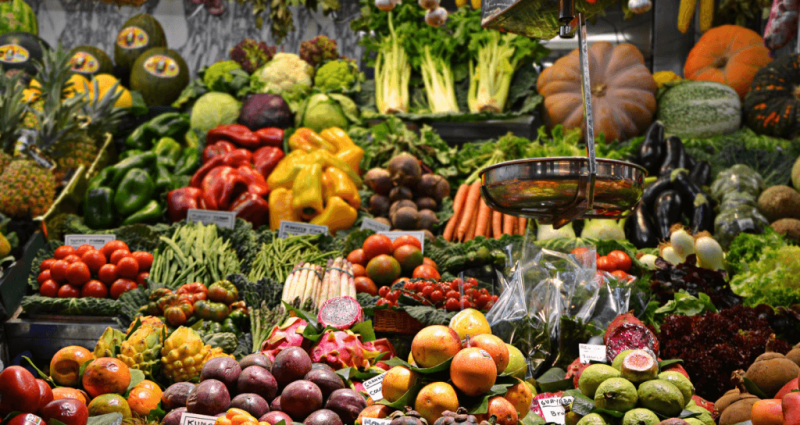The vast majority of foods sampled for pesticides in the 2018 fiscal year contained residues within EPA tolerances, the Food and Drug Administration said in a report released [Sept 15].
FDA found that 96.8% of domestic and 87.1% of imported human foods complied with federal standards, with no pesticide residues found in 47.1% of the domestic and 47.2% of the import samples.
The story was similar for animal food samples tested. Of the nearly 500 animal food samples tested, the agency found 96.2% of domestic and 96.5% of imported samples were compliant.
The findings “demonstrate that levels of pesticide chemical residues measured by the FDA generally are below EPA’s tolerances, and therefore at levels that are not concerning for public health,” the agency said.
Vegetables and fruits accounted for about 70% of the 1,448 domestic samples tested. Only 11.7% of the fruits tested — including fruit juices — did not have any residues. Three of the 281 samples had residues deemed “violative,” meaning they exceeded EPA tolerances or contained chemicals for which EPA has not set a tolerance or tolerance exemption.































